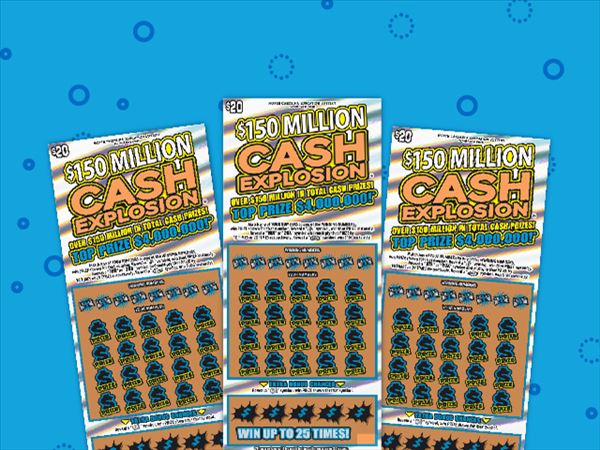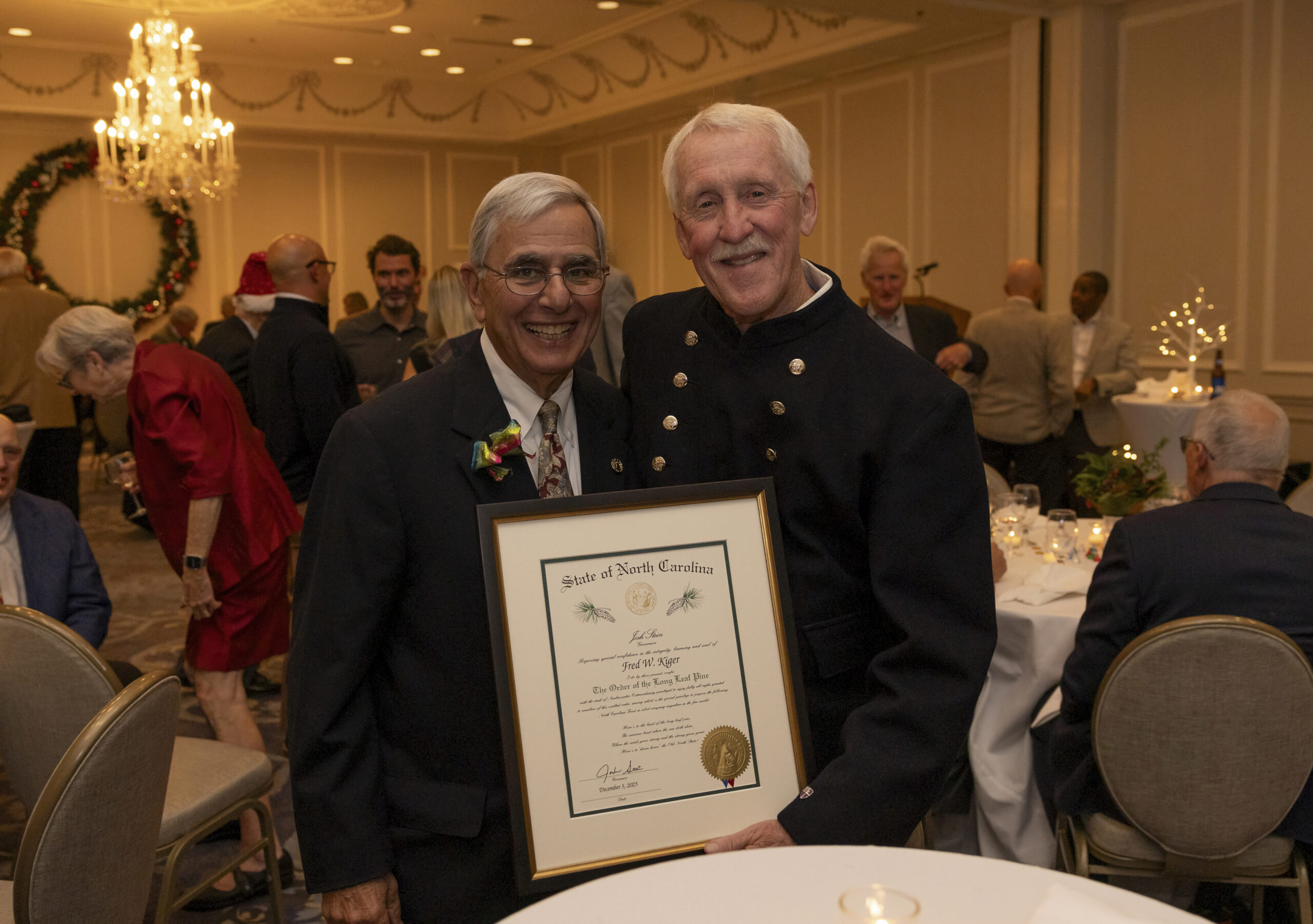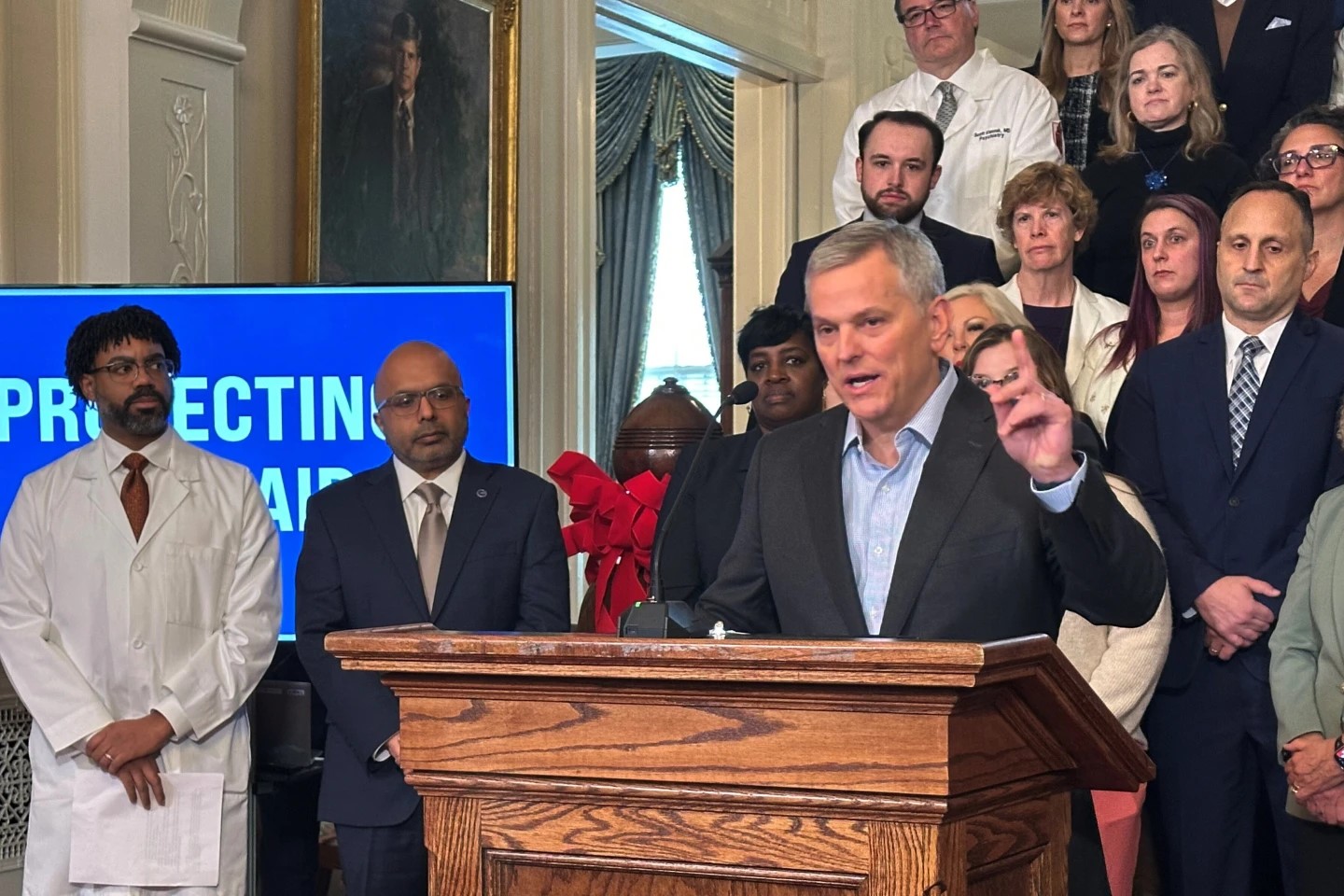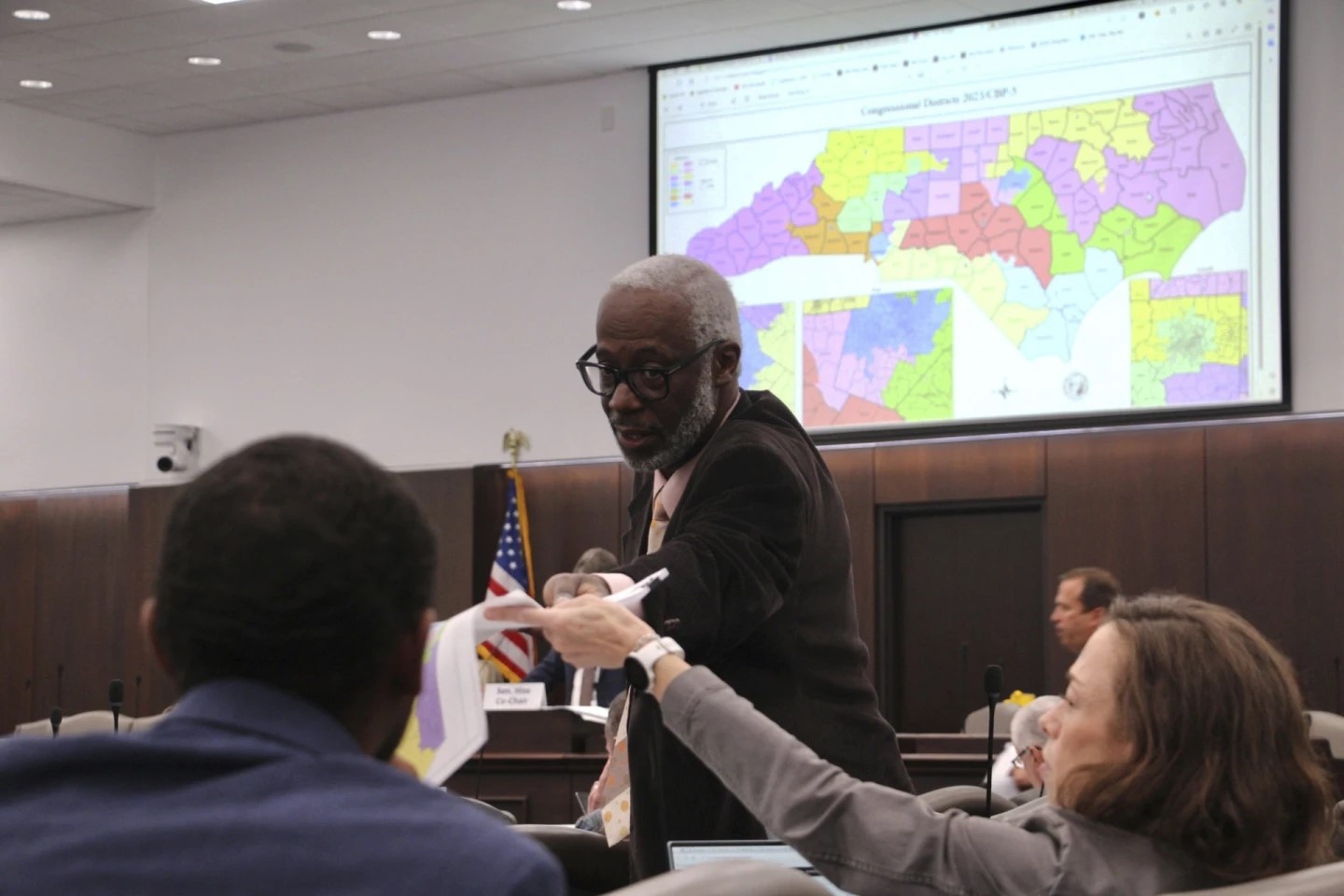Legislators sounded cautious and divided Thursday about the North Carolina lottery’s latest pitch to expand online sales, with some worried it could cannibalize ticket sales at convenience stores and complicate flushing out illegal video sweepstakes parlors.
The North Carolina Education Lottery has been examining “digital instants” already being offered by lotteries in three other states. They are essentially electronic scratch-off tickets in which players can win cash prizes from their computers or smartphones. Players pay for tickets from debit cards or checking accounts.
An outside performance audit the lottery paid for says online games could generate another $130 million in new revenues over five years and attract new players. And a report by General Assembly’s government watchdog office presented to a legislative oversight committee Thursday suggested online games among the options to increase net profits for public education.
“Lottery staff believes that it is a good way to engage millennials,” lottery Executive Director Alice Garland told legislators. “It’s a good way to kind of be where our prospective players are, and it would be a positive step forward.”
North Carolina state law allows the state lottery commission to approve any game that another state lottery already offers, but lottery officials often run proposed expansions by lawmakers to get their blessing.
At its December meeting, the commission pulled back discussion, as organizations representing social conservatives and retailers expressed opposition. It would take nearly two years, after vendor bidding and ticket development, to start selling electronic tickets.
Although the lottery’s performance audit offered data showing overall retail sales growth after digital instants began in Georgia, Kentucky and Michigan, some legislators remained skeptical.
House Majority Leader John Bell, a Wayne County Republican, warned that critics of the lottery in the legislature could pass laws placing more restrictions on North Carolina’s lottery, which began selling tickets in 2006, if it quickly went ahead with digital games.
“I think it’s going to cause a lot of concerns, a lot of angst in this building,” Bell said, adding that “if it’s not handled the proper way moving forward that there will be legislation come out of this building that could actually hurt the lottery.”
Committee members talked about digital instants along with video sweepstakes games, which lawmakers have worked for years to outlaw through passing legislation. Garland contends the games aren’t similar, but Bell said expanding online sales could “cause a big disruption” where sweepstakes outlets are still a problem.
GOP Sen. Jerry Tillman of Randolph County sounded satisfied more online sales wouldn’t hurt brick-and-mortar lottery retailers. The state lottery already allows players to buy tickets through its website for big jackpot drawings.
Lottery sales have grown annually since they began, reaching $2.4 billion last year, with $622.5 million in net earnings for education initiatives. Garland anticipates record profits this fiscal year.
“You increase the sales, you increase the money that goes to education,” Tillman said. “I don’t have a fear of us doing anything that would hurt the lottery.”
News of an underwhelming rollout of the lottery’s latest game — Carolina Keno began last fall — didn’t help the pitch.
The lottery has lowered its projected net profits for education from keno plays this year from $11.2 million to $6.7 million. The lottery told almost 250 keno outlets in January they weren’t meeting sales targets. Keno equipment is now being removed from outlets that didn’t improve, Garland said, and retailer recruiting efforts are stepping up.









